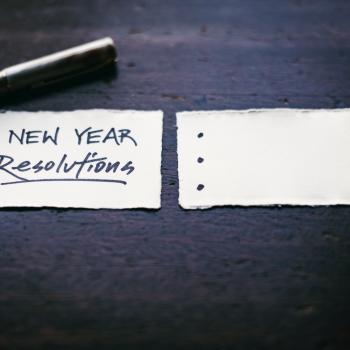It has always been a dream of mine to be a fiction writer, a la Michael Crichton, John Grisham, and Agatha Christie. I love stories. I think they are about so much more than entertainment. We use stories to tell the truth, as parables to say something significant about the world in which we live.
The best thing about being an (aspiring) writer is the way it affects the way you view the world. It invites you to look deeper into what is going on, to find the details that would turn a scene from a woman walking down the street to a woman gliding down the sidewalk in a billowing dress. As a writer, I am always looking for stories, always interested in what is causing what, in the fluidity of events and the complexity of relationships.
Casting The Story
Writing gives me a reason to do this, but the truth is, every person is looking at the world through a certain lens, deciding what stories they will see and what stories they will tell.
We have to take ownership of the fact that we have a big role to play in the narratives we decide to receive and, inevitably, retell.

Do you see yourself as the damsel in distress, stuck in the top of a distant tower, unable to do anything until you are rescued? If you see yourself that way, if you cast yourself in that roll, confirmation bias will take over and everything you see around you will be taken, twisted, and conformed into that specific narrative.
Do you see yourself as the boss, the hero who always gets his way and can do no wrong? If that is the story you are going to tell, you will focus on events and ideas that reinforce it. You’ll tell others about how much you are right and how much others are wrong.
Do you see yourself as part of a team chasing after a goal? A coalition on a quest. If so, your narratives will center around the goal you are chasing and the community you chase it with.
Try
The easiest thing for us to do is focus on the negative stories. We focus on the pain because we are so terrified of it running its course in our journey. But perceiving a story is not as simple as focusing on the positive. I mean, we can do that if we want, but it will leave us feeling surprisingly unsatisfied. Imagine going to a movie where there was no conflict, no challenge or obstacle the characters had to overcome. It would feel cheesy, lame, and boring.

One important thing to acknowledge is there is A True Story. There is a version of “the story” that is objectively real and true. The goal is not to choose to see the story we most want. The goal is to choose to see the True Story – what is really going on, what actually matters, why we do the things we do. Deciding what story to tell should not be an exercise in preferences but an exploration of what is true and how to best respond.
This is hard. But the key is to try. To take ownership, to risk, to fail and get back on the horse. To search and ask in humility. Our false narratives are corroding our ability to experience life for all it is worth. And it is time for us to make better decisions about the story we tell.












